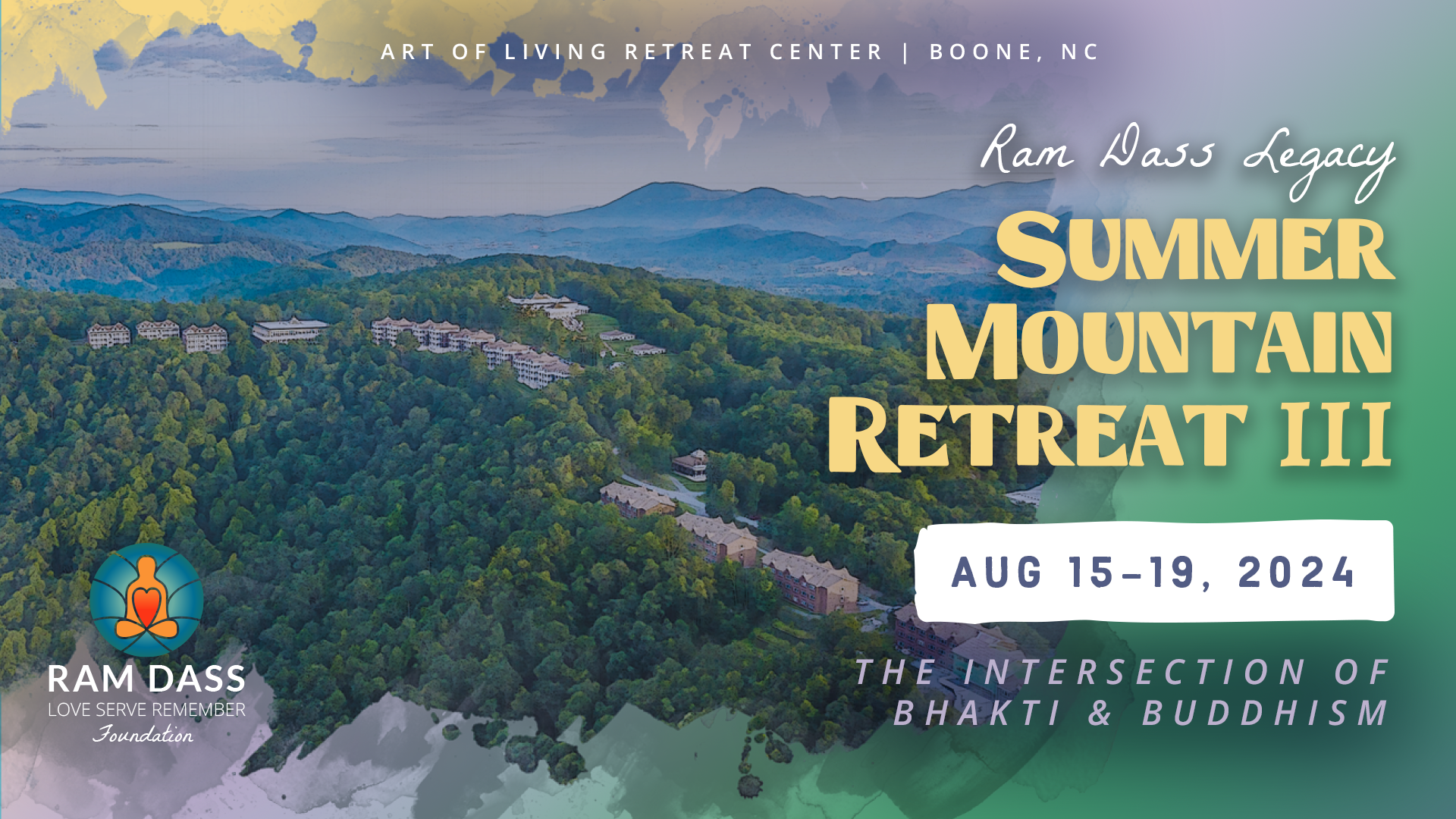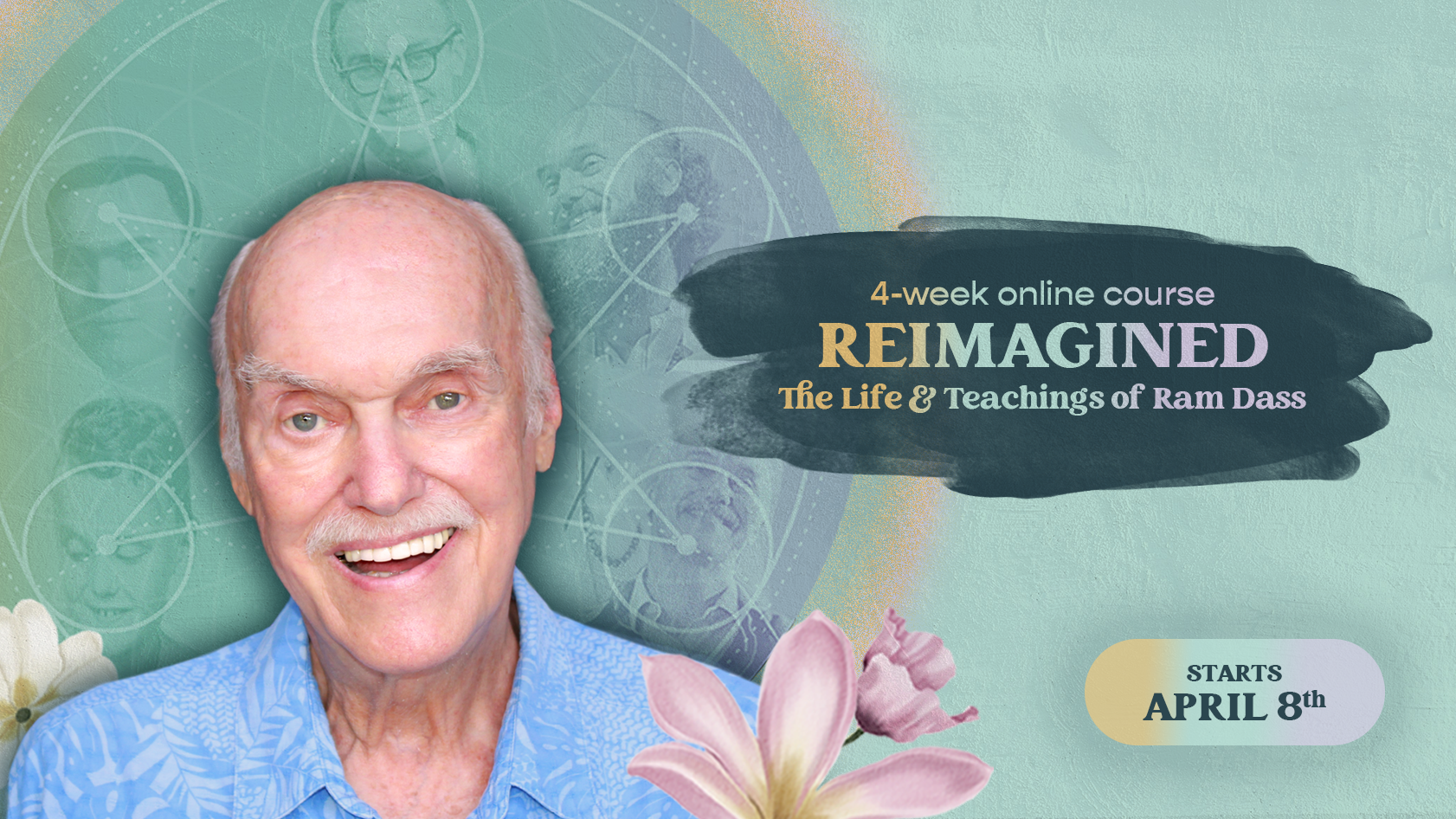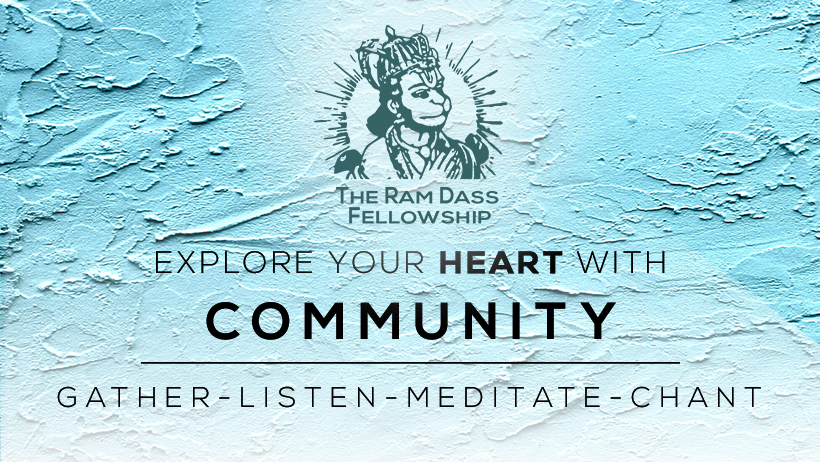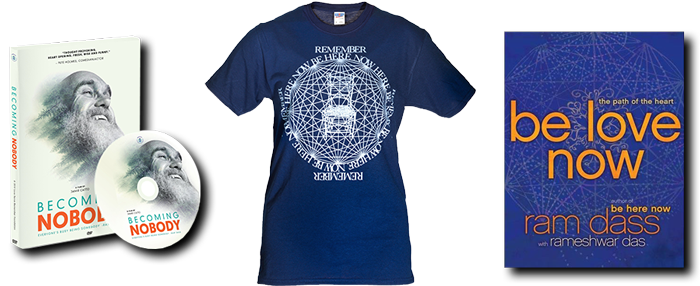Hazrat Inayat Khan (1882-1927) was a Sufi teacher and brilliant musician from India who started “The Sufi Order in the West” (now called the Sufi Order International) in the early part of the 20th century. Though his family background was Muslim, he was also steeped in the Sufi notion that all religions have their value and place in human evolution.
He traveled to the West in 1910 at the behest of his Sufi teacher, Sayyed Muhammad Abu Hashim Madani, who charged him with a mission: to harmonize East and West with the music of his soul.
He had dedicated his early life to the mastery of the subtle intricacies of classical Indian music under the tutelage of his grandfather Moula Baksh, a musical giant who had integrated the Hindustani and Karnatic musical traditions of Northern and Southern India. While barely in his twenties, Inayat Khan received the highest recognition and honors for his artistic accomplishments.
On September 13, 1910 he began an odyssey which would encompass three continents and transform thousands of lives. He traveled continually in Europe and the United States, first learning about Western culture and mentality, and then conveying the traditional Sufi teachings in a more and more universal form. He eventually settled in Suresnes, a suburb of Paris, where he held annual summer schools. During only sixteen years in the West, he created a school of spiritual training based upon the traditional teachings of the Chishtiyya and infused with a revolutionary vision of the unity of religious ideals and the coming awakening of the human spirit to its inherent divinity.
(source: http://www.sufiorder.org)
The Purpose of Life
Hazrat Inayat Khan
Every soul at times asks itself, “Why am I here?” This question arises according to the development of one’s intelligence. A man may say, “I am here to eat, drink, and to make merry,” but this even the animals do; therefore what more has he accomplished by being human? Another might affirm that the attainment of power and position is important, but he must know that both of these are transitory. Power of any kind has its fall as well as its rise. All things we possess are taken from others, and others in their turn await with outstretched hands to seize them.
A man may say, “We are here to gain honor.” In this case someone has to be humbled in order to give him the honor he seeks; but he in his turn may have to be humbled by a still more ardent seeker of honor.
We may think that being loved is all-important, but we should know that the beauty in ourselves which makes another love us is transient. Furthermore the beauty we possess may pale in comparison with the beauty of another. When we seek the love of another we are not only dependent upon their love, but are ourselves devoid of love. If we think that it is desirable to love someone who deserves our love, we are mistaken, for we are always liable to be disappointed in the object of our love, who may perhaps never prove to be our ideal.
One is led to suppose and believe that virtue is the only thing that matters in life, but it will be found that the greater number of sufferers from moral hallucination are to be met with among the self-righteous.
Then the only purpose of our life here on earth, if there be any, is the successful attainment of life’s demands. It may seem strange at first sight that all which life demands should be allowable and worth-while attaining; but on a closer study of life we see that the demands of our external self are the only ones we know, and we are ignorant of the demands of the true self, our inner life.
For instance, we know that we want good food and nice clothes, comfort of living and every convenience for moving about; honor, possessions, and all necessary means for the satisfaction of our vanity, all of which for the moment appear to us as our life’s only demands; but neither they nor their joy remain with us constantly. We then come to think that what we had was but a little and that perhaps more would satisfy us, and still more would suffice our need; but this is not so. Even if the whole universe were within our grasp it would be impossible fully to satisfy our life’s demands.
This shows that our true life has quite different demands from those with which we are familiar. It does not want the joy experienced by this individual self only; it desires joy from all around. It does not wish for a momentary peace, but for one that is everlasting. It does not desire to love a beloved held in the arms of mortality. It needs a beloved to be always before it. It does not want to be loved only for today and perhaps not tomorrow. It wishes to float in the ocean of love.
It is therefore that the Sufi seeks God as his love, lover and beloved, his treasure, his possession, his honor, his joy, his peace; and this attainment in its perfection alone fulfills all demands of life both here and hereafter.
Then again it may be said, there is a purpose above each purpose, and there is again a purpose under each purpose; and yet beyond and beneath all purposes there is no purpose. The creation is, because it is.
Life is a journey from one pole to another, and the perfection of the conscious life is the final destiny of the imperfect life. In other words, every aspect of life in this world of variety gradually evolves from imperfection to perfection; and if life’s evolution were not so in its nature, there would be no difference between life and death, for life on the surface is nothing but the phenomena of contrast. This, then, is another way of expressing what is the purpose of life.
(Source: http://www.hazrat-inayat-khan.org – Vol. 1, The Way of Illumination – Some Aspects of Sufism)










